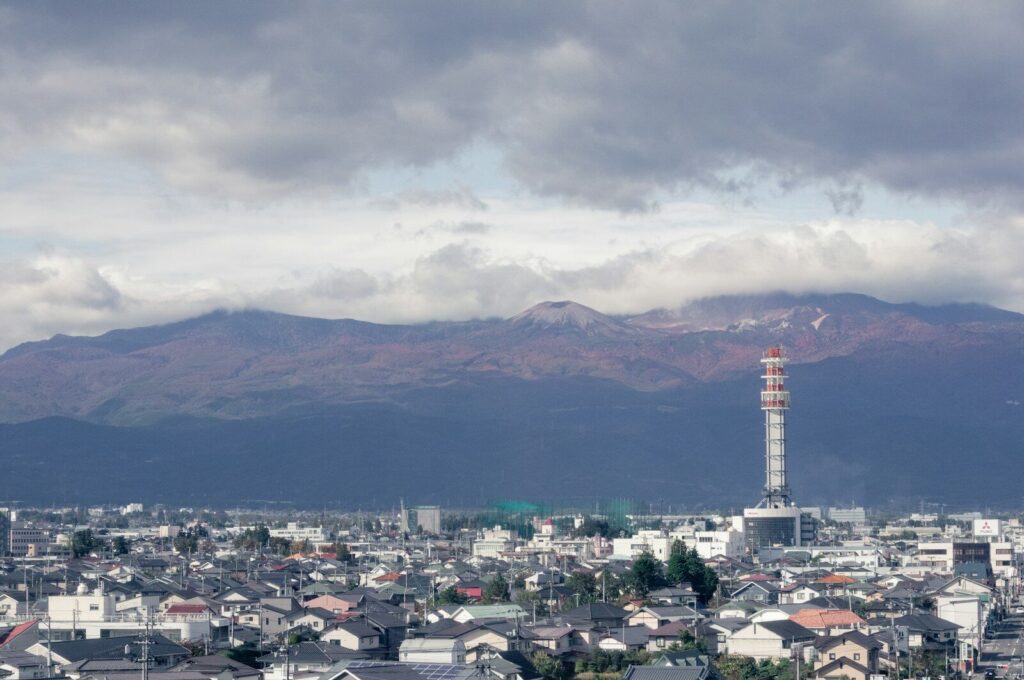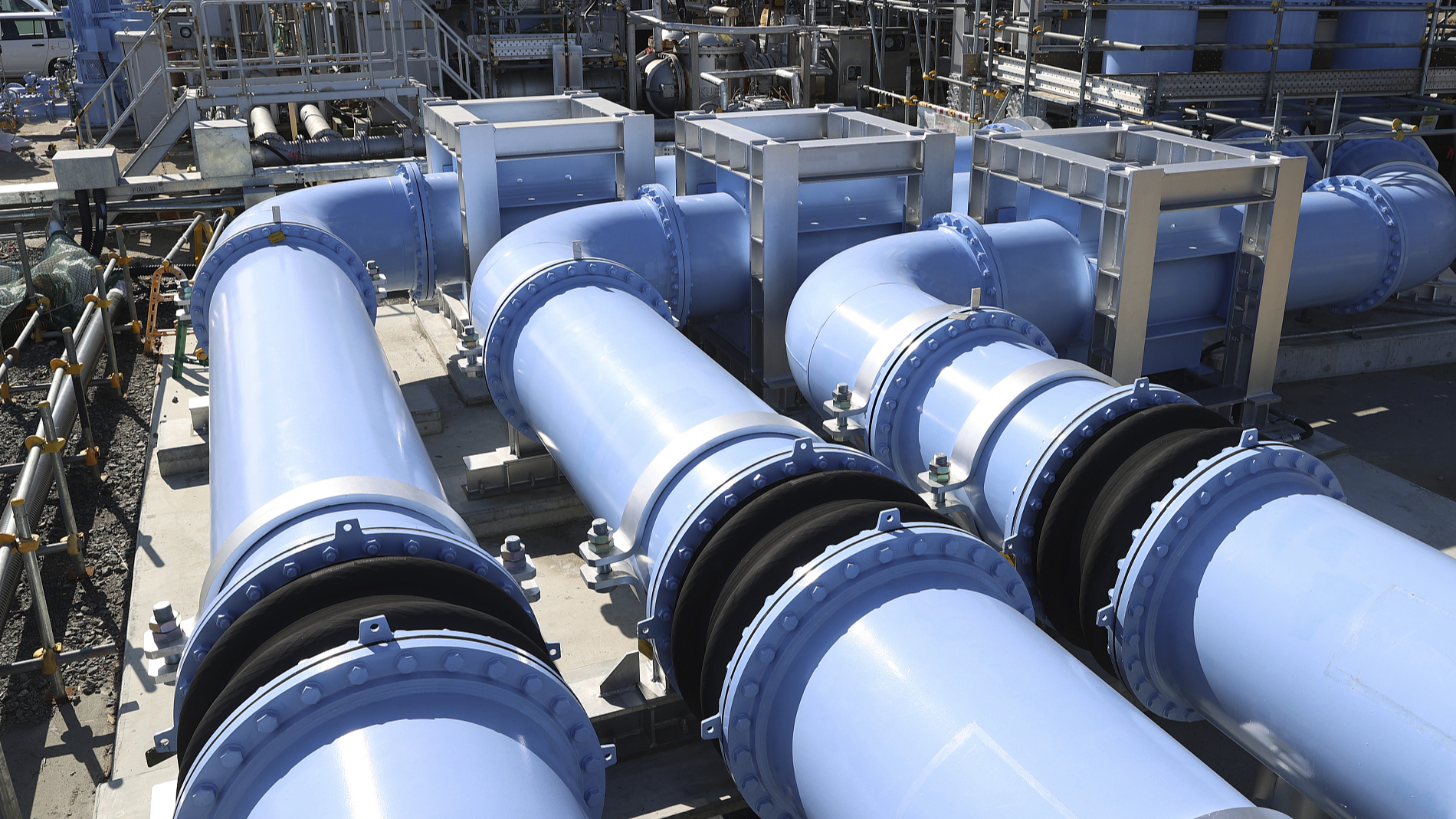Alarming Comparison: Chinese Nuclear Plants Released More Tritium Than Fukushima in 2021
Published on February 25, 2026 by Dr. Ahmad Mahmood

In 2021, reported data showed that several Chinese nuclear power plants discharged more tritium into the marine environment than the treated water released from the Fukushima Daiichi site that same year. This alarming comparison has been widely circulated, often without sufficient scientific context.
Understanding the scale, regulatory framework, environmental behavior of tritium, and differences in discharge pathways is essential before drawing conclusions. While the headline suggests risk escalation, the scientific reality is more nuanced.
This article provides a focused, evidence-based analysis of the claim that Chinese nuclear plants released more tritium than Fukushima in 2021. It examines discharge data, radiation limits, environmental impacts, and policy implications.
Understanding Tritium in Nuclear Power Operations
Tritium is a radioactive isotope of hydrogen. It forms naturally in the upper atmosphere and is also produced inside nuclear reactors during routine operation.
Because tritium behaves like water, it is difficult to filter out completely. As a result, regulated discharges of diluted tritiated water are standard practice in nuclear power plants worldwide.
How Tritium Is Measured
Tritium releases are typically measured in becquerels per year, representing radioactive decay events per second.
For perspective:
- Natural background radiation exposes humans to approximately 2,400 microsieverts annually
- Tritium has relatively low radiotoxicity compared to other radionuclides
- When diluted in seawater, concentrations decrease rapidly
However, total discharge volume does not directly equal environmental harm. Concentration, dilution rate, and bioaccumulation potential matter more.
Comparing Chinese Nuclear Plants and Fukushima in 2021
The comparison often cited involves:
- Operational nuclear plants in China such as Qinshan and Daya Bay
- Treated water discharge from Fukushima Daiichi storage tanks
Chinese Nuclear Plant Discharges
China operates over 50 commercial reactors. Routine tritium discharges occur annually within regulatory limits.
Reported figures indicate that some Chinese coastal plants released between 100 to 200 terabecquerels of tritium in 2021 as part of standard operations.
These releases:
- Were regulated under Chinese nuclear safety standards
- Occurred gradually throughout the year
- Were diluted into large marine environments
Fukushima in 2021
In 2021, Japan had not yet begun the large-scale discharge of Advanced Liquid Processing System treated water. However, limited controlled releases occurred as part of site management.
Projected annual discharge plans for Fukushima treated water are approximately 22 terabecquerels per year once fully implemented.
This is significantly lower than routine annual discharges reported at some operating nuclear facilities globally.
Key Scientific Distinction
The alarming comparison focuses on total tritium quantity. However, two major differences must be considered:
- Operational routine discharge versus post-accident water management
- Concentration levels after dilution
Tritium behaves differently from other radionuclides such as cesium-137 or strontium-90, which pose higher biological risk.
In the Fukushima case, water is treated to remove most radionuclides except tritium before controlled dilution and release.
Environmental and Health Implications
Marine Dilution Dynamics


Tritium in seawater disperses rapidly due to:
- Strong ocean currents
- Large dilution volumes
- Low bioaccumulation potential
Unlike heavy radionuclides, tritium does not significantly concentrate in marine food chains.
Dose Exposure Assessment
Scientific risk assessment focuses on radiation dose rather than discharge totals.
Even under conservative modeling:
- Public dose exposure from regulated tritium discharge is typically far below 1 millisievert per year
- International safety standards limit additional public exposure to 1 millisievert annually from nuclear facilities
Most reported discharges result in exposures thousands of times below this limit.
Why the Comparison Became Politically Sensitive
The narrative gained traction because it intersects with geopolitical tensions between China and Japan.
China publicly criticized Japan’s Fukushima water release plan. In response, analysts highlighted China’s own higher routine tritium discharge levels.
However, scientific assessment must separate political rhetoric from radiological risk.
The key variables are:
- Concentration at discharge
- Monitoring transparency
- International regulatory oversight
- Long term marine monitoring data
Regulatory Framework Differences
China
China’s nuclear plants operate under national regulations aligned broadly with International Atomic Energy Agency safety standards. Monitoring data is reported domestically, though transparency levels vary by plant.
Japan
Japan’s Fukushima discharge plan is monitored under International Atomic Energy Agency review, including real time verification.
This distinction influences public trust more than the raw discharge numbers.
Risk Perception Versus Measured Risk
Radiation risk perception often differs from measured biological risk.
Research consistently shows that public fear increases when radiation is associated with accidents rather than routine operations.
This explains why a smaller discharge linked to Fukushima can generate more concern than larger routine discharges elsewhere.
Broader Energy and Climate Context
Nuclear power remains a low carbon energy source. It plays a role in decarbonization strategies across Asia.
China continues rapid nuclear expansion to reduce coal dependence. Japan is cautiously restarting reactors post Fukushima.
Understanding tritium discharge requires situating it within:
- Climate mitigation goals
- Energy security strategies
- Marine environmental protection policies
A balanced evaluation must weigh carbon reduction benefits against radiological monitoring standards.
Frequently Asked Questions
Is tritium from nuclear plants dangerous?
At regulated discharge levels, tritium poses low radiological risk. It emits low energy beta radiation and does not accumulate significantly in tissues.
Did Chinese nuclear plants release unsafe levels in 2021?
Available data indicates releases were within national regulatory limits. Dose estimates to the public remain extremely low.
Is Fukushima water more dangerous than routine nuclear discharge?
The risk depends on concentration, treatment efficiency, and monitoring. Total tritium volume alone does not determine hazard.
Why does this issue matter?
Because public confidence in nuclear energy depends on transparency, safety verification, and credible risk communication.
Conclusion
The alarming comparison that Chinese nuclear plants released more tritium than Fukushima in 2021 is numerically accurate in terms of total volume at certain facilities. However, volume alone does not define environmental or health risk.
Risk assessment must consider dilution, concentration, exposure pathways, and regulatory compliance.
Ultimately, tritium discharge from nuclear facilities, whether in China or Japan, remains a managed and monitored aspect of nuclear energy production.
For policymakers and sustainability professionals, the critical priority is transparent monitoring, international verification, and science based communication.
Responsible nuclear governance strengthens both climate mitigation and environmental protection.